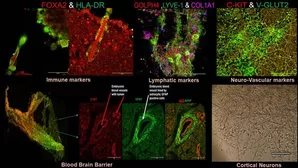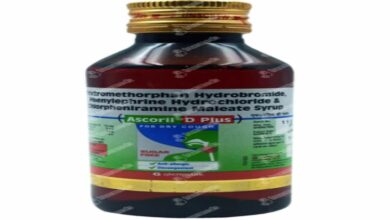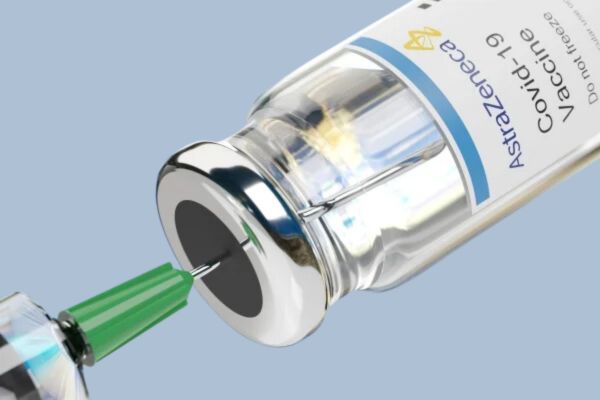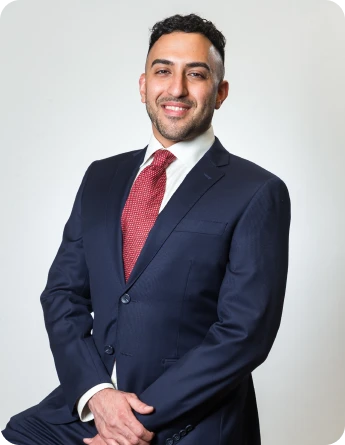Indian researchers develop 'organoid' to help in neurodegenerative diseases

New Delhi, Feb 22 (IANS) – A team of researchers at the PGIMER has developed a new prototype to generate neurovascular tissues/organoids from “autologous” blood that can help in precision medicine.
The prototype can help develop patient-specific embryoid models for congenital neuro-sensory, neuro-developmental, and neuro-degenerative diseases such as autism, ADHD, ANSD, Alzheimer’s, and Parkinson’s. It can also be used for deciphering genetics and neural circuits, testing drugs bypassing the blood-brain barrier, and identifying novel biomarkers for early neurological diseases.
The research, funded by Anusandhan National Research Foundation, can produce “functional vascularised embryoids on its own and requires no guided patterning”. It is cost-efficient as it requires no specific differential media, growth factor or differentiating morphogens for culturing, but only “autologous” plasma and blood cells. “The implications are vast for studying neurological disease pathways, neuro-regeneration, pre-clinical neuro-imaging, and endogenous gene editing, and autologous immunotherapies for tumours, and auto-immune diseases,” said researchers. The researchers said they are in the process of filing a patent for the prototype at the Punjab State Council for Science and Technology, Chandigarh. They are employing these models to understand the genetic basis of neuro-sensory hearing loss and auditory comprehension challenges in children with congenital Sensorineural Hearing Loss.









